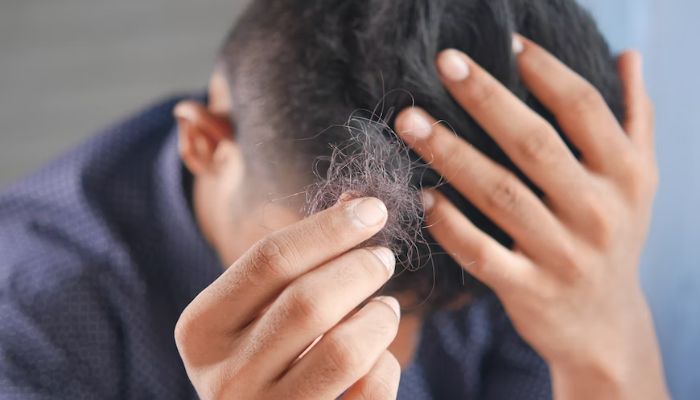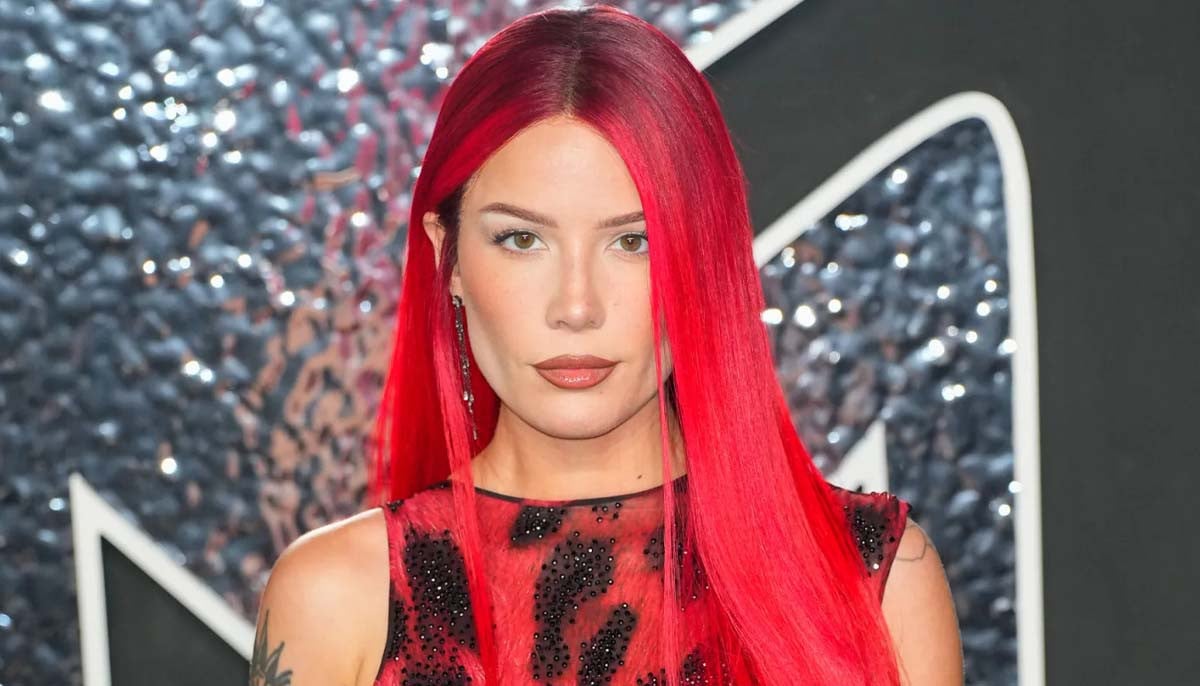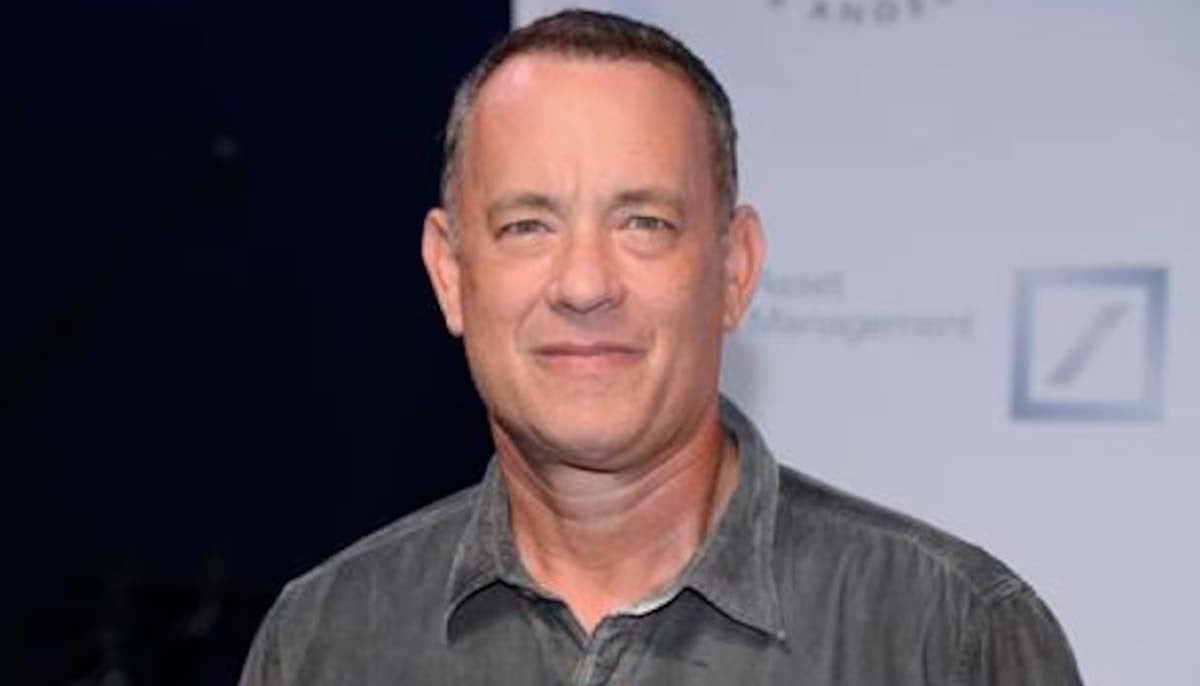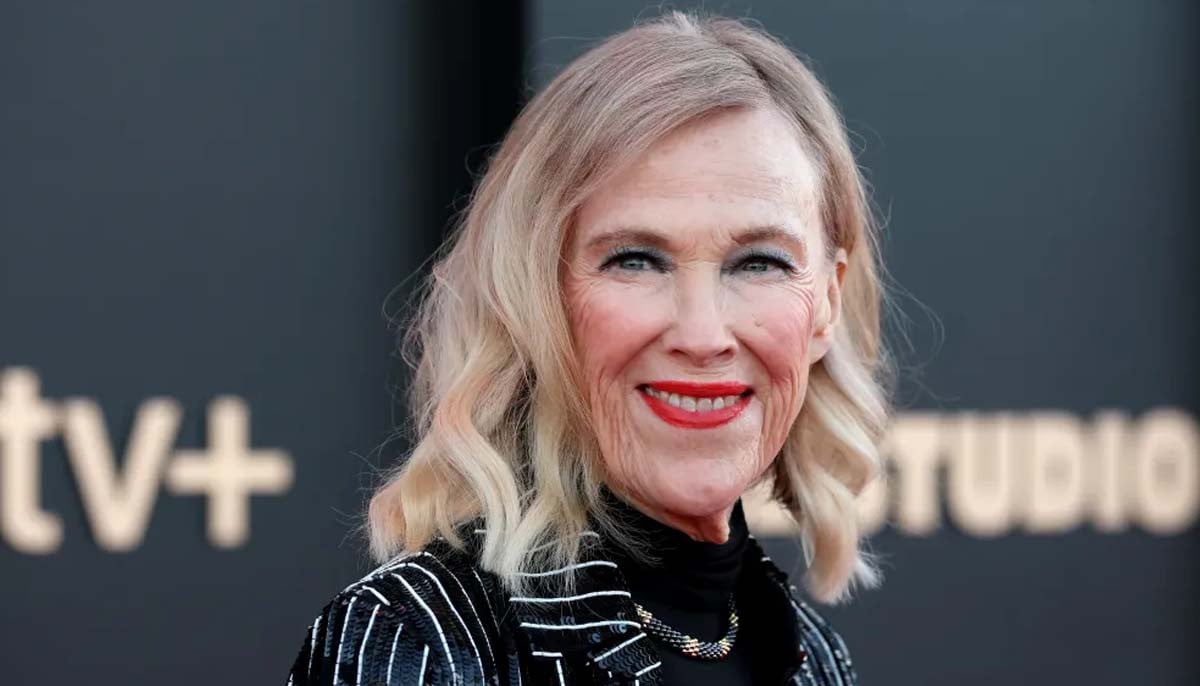Men, you might be losing hair because of sugary drinks
Regular soda, fruit-flavoured drinks, energy drinks, and coffee and tea beverages with added sugars are examples of sugar-sweetened beverages
A large percentage of males will inevitably experience hair loss. A recent study revealed that males who consume a lot of sugary beverages may be more likely to have hair loss.
A study from China looked at the connection between young men's male pattern hair loss and sugar-sweetened beverages. On the first day of the new year, the study was released in the MDPI journal.
What is male pattern hair loss?
The most prevalent type of hair loss in males is male pattern hair loss, which can start as early as late adolescence or early adulthood. Men typically experience male-pattern hair loss later in life. Observable thinning, a receding hairline, or balding are the symptoms.
More than 95% of men's hair loss, according to the American Hair Loss Association, is due to male pattern hair loss.
Effect of sugar-sweetened drinks
Male pattern hair loss is becoming more prevalent in China, as shown by a study there titled, 'The Association between Sugar-Sweetened Beverages and Male Pattern Hair Loss in Young Men'. Male pattern hair loss is now more common than ever, rising from 21.3% in 2010 to 27.5% in 2021.
Data from the US that showed significant consumption of sugar-sweetened beverages was examined by Chinese experts. According to statistics from the Centres for Disease Control (CDC), 49% of adults and 63% of American teenagers regularly consume sugar-sweetened beverages.
Regular soda (pop), fruit-flavoured drinks, energy drinks, sweetened waters, and coffee and tea beverages with added sugars are examples of sugar-sweetened beverages.
Most often, sugar-sweetened beverages contain a variety of sugars, such as brown sugar, corn sweetener, corn syrup, dextrose, fructose, glucose, high-fructose corn syrup, honey, lactose, malt syrup, maltose, molasses, raw sugar, and sucrose. They also occasionally contain other sugars, such as erythritol, guar gum, and xylitol.
According to the CDC, drinking sugar-sweetened beverages is linked to weight gain, obesity, type 2 diabetes, heart disease, renal disease, non-alcoholic liver disease, tooth decay or cavities, gout, and arthritis.
The study looked at 1,020 people between the ages of 18 and 45 from 31 different Chinese provinces. Nearly 600 had male pattern hair loss and most of them were older, current or former smokers, drinkers, had lower levels of education, and were less physically active.
Male pattern hair loss was more prevalent in people with diets high in fried meals, and sweets, and low in vegetables. Participants who maintained healthy hair ate cereals, roots, fruits, fish, and other seafood in their meals.
According to data, men who experienced male pattern hair loss drank much more sugar-sweetened beverages than participants without this condition. Male pattern hair loss patients consumed 4,293 mL of sugar-sweetened beverages weekly, compared to normal participants' 2,513 mL.
Researchers have come to the conclusion that drinking sugar-sweetened beverages increase the risk of male pattern hair loss. They contend that given the potential impact on their appearance, young people who fall prey to sugary drinks should exercise caution.
-
NHS warning to staff on ‘discouraging first cousin marriage’: Is it medically justified?
-
Ariana Grande opens up about ‘dark’ PTSD experience
-
Dakota Johnson reveals smoking habits, the leading cause of lung cancer
-
Chris, Liam Hemsworth support their father post Alzheimer’s diagnosis
-
Tom Hanks diabetes 2 management strategy laid bare
-
Catherine O’Hara becomes beacon of hope for rectal cancer patients
-
FDA sends 'refusal-to-file' to Moderna over new flu vaccine
-
Cure flu with theses two golden foods












